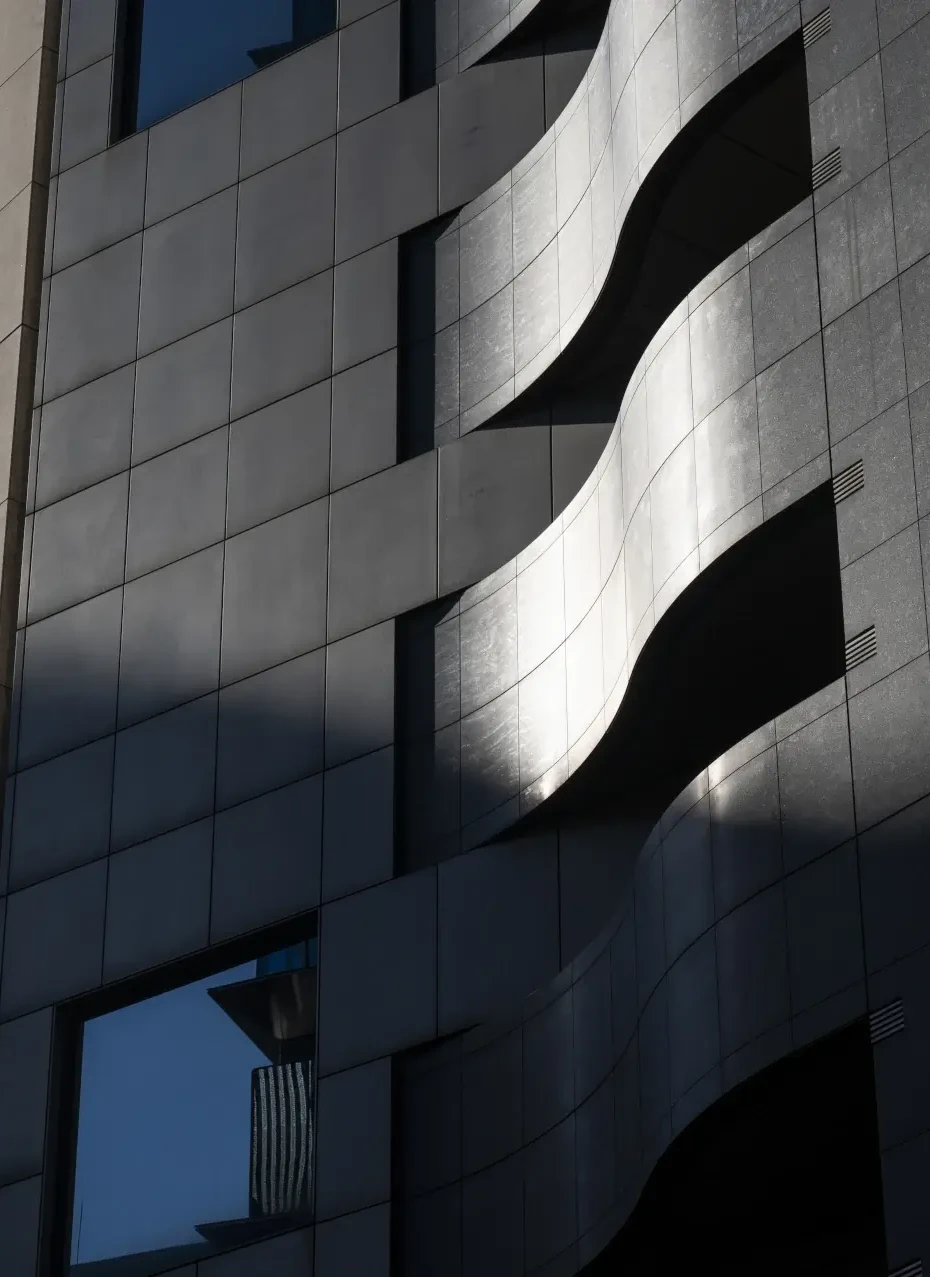







If you’re a lolosaurus like me, you’ve probably heard the 1982 song “UNDER PRESSURE” (and you may even be a fan of Queen and David Bowie), or you may be familiar with Vanilla Ice’s 1990 song “ICE ICE BABY”, recognized as an early rap icon. Assuming the above, it is more than likely that you have noticed the profound similarity between the two and wondered if there has indeed been plagiarism and if it was ever prosecuted.
And the answer is YES. The creators of Under Pressure filed a lawsuit, both for the unauthorized use of the initial bass reef, as well as for the non-acknowledgement of their authorship. However, the parties settled out of court for USD $4,000,000, which put an end to the conflict. This leads us to ask how are these situations regulated in the copyright world?
Well, the use of fragments of songs to incorporate them into other songs is called sampling (very common in the hip-hop and reggeaton world). Sampling can be considered within “derivative works” (as opposed to “original works”) under the Berne Convention. Determining whether a work is actually derived from another work or merely influenced by it is a complex matter to be determined on a case-by-case basis.
In Chile (and I would dare to say in most of Latam) the matter is resolved by recognizing the rights of the author of the derivative work, but also the obligation to compensate the author of the original work. The matter, of course, becomes more complicated when a chain of derivative and original works to be compensated is generated.
In the case of Under Pressure, fortunately all parties ended up happy, producing a win/win for music lovers. But there have been cases not so happy and detrimental to the industry where it would have been advisable to have had prior legal advice.
Ontier LLP is authorised and regulated by the Solicitors Regulation Authority, registration number OC327289. Legal Notice
